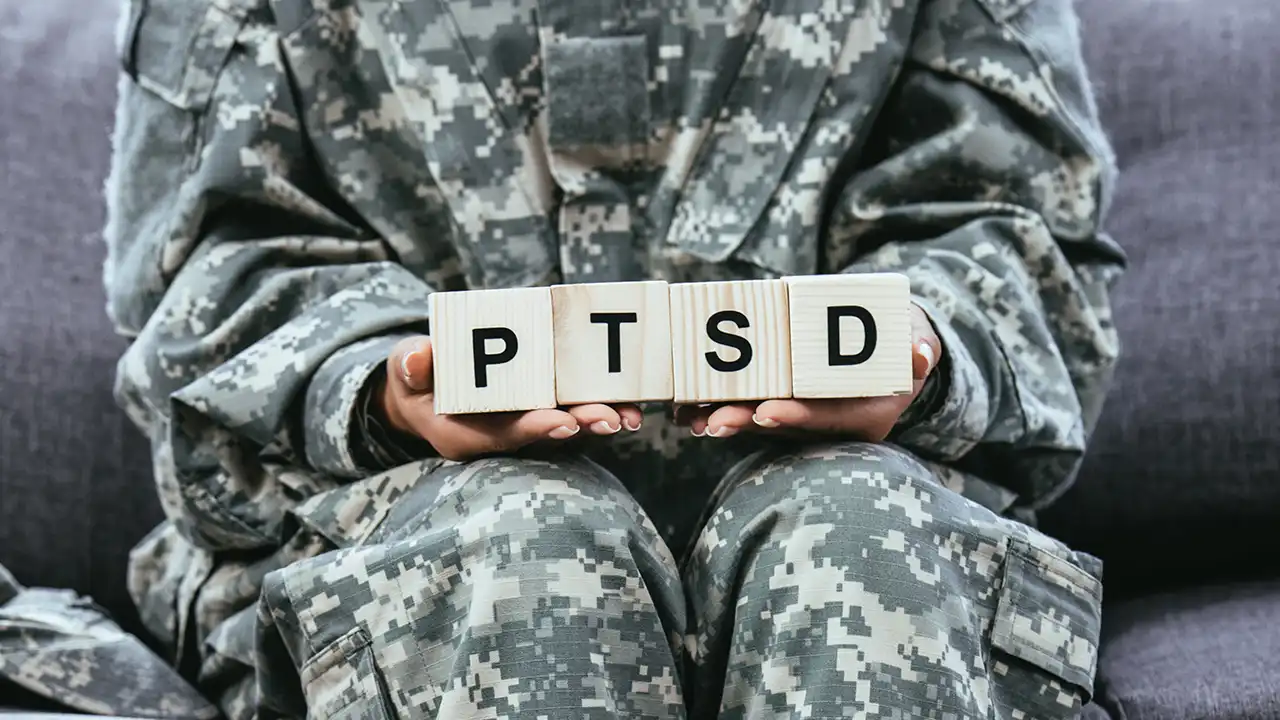When we hear the term PTSD—Post-Traumatic Stress Disorder—many picture veterans or survivors of extreme violence. While that’s part of the story, PTSD touches far more people than most realize. It’s a condition rooted in trauma, and trauma wears many faces. Car accidents, natural disasters, abuse, medical emergencies, loss, or chronic stress can all leave invisible scars.
What PTSD Really Looks Like
PTSD is not just “being triggered” or having flashbacks. It can feel like:
- Hypervigilance—constantly scanning the room for danger.
- Emotional numbness or withdrawal from loved ones.
- Nightmares that steal sleep and peace.
- Feeling unsafe in safe environments.
- Avoiding places, people, or conversations tied to trauma.
It can show up quietly. You might not even realize it’s PTSD until years later. It doesn’t always look like a crisis—it often looks like high-functioning exhaustion.
Why Mental Health Awareness Matters
Awareness breaks the silence. It reduces stigma. Most importantly, it encourages people to get help.
Mental health awareness is not just about wearing a ribbon or sharing a post (though those are helpful). It's about fostering environments where people feel safe saying:
- “I’m not okay.”
- “I need help.”
- “I don’t know how to move past this.”
We cannot heal what we pretend doesn’t exist. PTSD, like any health issue, deserves understanding and care—not judgment or shame.
The Healing Journey
Recovery from PTSD is possible. It looks different for everyone, but often includes:
- Therapy (like EMDR, trauma-focused CBT, or somatic therapy).
- Community—connecting with others who understand trauma.
- Self-care practices that promote nervous system regulation: exercise, rest, breathwork, journaling.
- Medication, for some, as part of a holistic plan.
Healing isn't linear. Some days feel like breakthroughs; others, setbacks. But each small step counts. Each moment of courage matters.
What You Can Do
Even if you don't have PTSD, you can be a powerful ally:
- Listen without trying to fix.
- Be patient with others' healing timelines.
- Educate yourself about trauma and its impact.
- Speak up when you hear mental health being stigmatized.
If you do have PTSD, you are not broken. You are responding to something that broke your sense of safety. Healing is possible—even if you’ve doubted it before.
Mental health is health. Let’s keep saying it, showing it, and living it—until awareness leads to action, and action leads to healing.



.png)
.png)